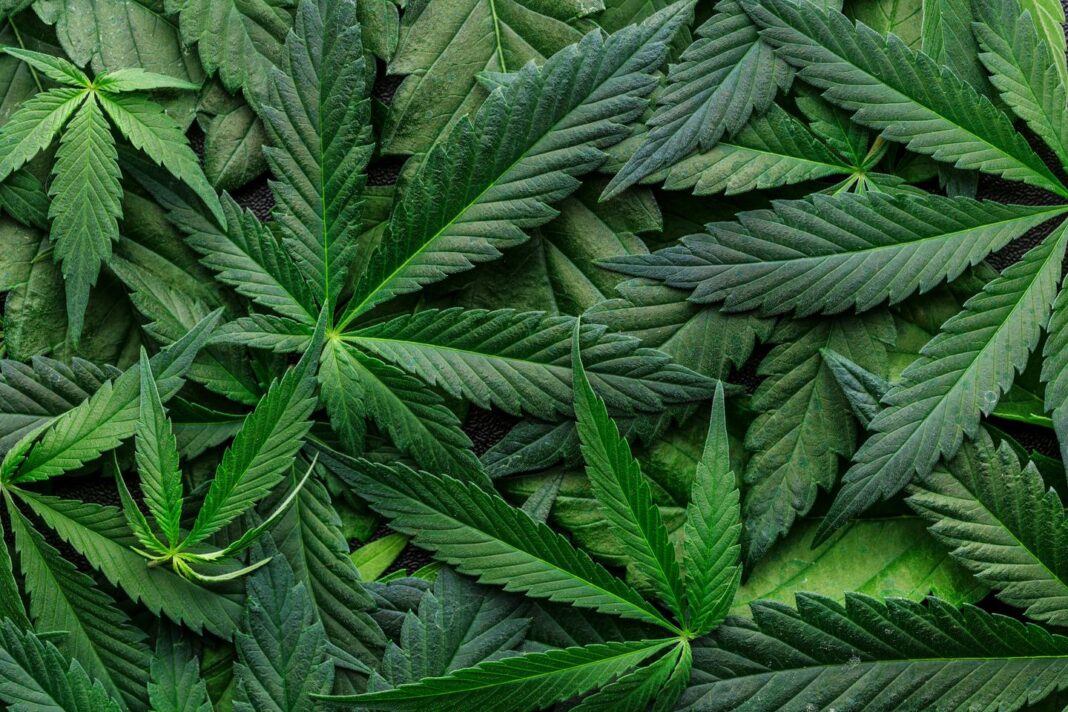A new study has found that there was no association between using cannabis and non-medical opioid use in people receiving pharmacotherapy for opioid use disorder. The findings neither confirm that using cannabis leads to opioid use nor that it’s effective in reducing it. Cannabis has gained popularity, in part due to its widespread legalization, leading to the perception that, due to its lower associated risks compared to ‘harder’ drugs, it can be an effective treatment for drug addiction, especially addiction to opioids.
Studies have produced conflicting results; some say it reduces the symptoms of opioid withdrawal, while others say it encourages opioid use. With people struggling with opioid addiction globally and more than 100,000 dying each year of opioid overdoses, whether cannabis can help people get off opioids is a valid question and one that deserves an urgent answer. So, researchers from the Universities of Ribeirão Preto and São Paulo, Brazil, the University Hospitals Medical Center, Cleveland, and Yale School of Medicine undertook a systematic review and meta-analysis in an attempt to get a definitive answer about whether cannabis helps or hinders those wanting to quit opioids.
“Clarifying how cannabis and opioids interact is crucial if we are to equip healthcare professionals to provide evidence-based addiction treatment, prevent overdose deaths and save lives,” said Gabriel Costa, lead and co-corresponding author of the study. The researchers looked at 10 longitudinal studies involving 8,367 participants (38% female) who were receiving opioid replacement therapy – buprenorphine (21. 3%), methadone (76.
3%), or naltrexone (2. 4%) – to treat their opioid use disorder. Over an average follow-up time of around 10 months, participants were monitored for their non-medical opioid use, including using opioids not prescribed to them, taking more opioids than prescribed, or using opioids without a prescription.
The frequency of opioid use was compared between individuals who used cannabis, typically obtained from a non-regulated source, and those who didn’t. The researchers found no link between cannabis use and the rates of non-medical opioid use. “Overall, we found no significant association between cannabis and non-medical opioid use among patients receiving pharmacotherapies for opioid use disorder,” Costa said.
“These findings neither confirm concerns about cannabis increasing non-medical opioid use in individuals being treated for opioid use disorder nor do they endorse its efficacy in reducing non-medical opioid use. ” The study’s findings have significant implications, particularly regarding how opioid treatment programs operate. “Our finding questions the ineffective practice of enforcing cannabis abstinence as a condition to offer life-saving medications for opioid use disorder,” said Joao De Aquino, the study’s co-corresponding author.
“Our data suggests healthcare systems should instead adopt individualized treatment approaches which take into account each patient’s circumstances. This would include assessing cannabis use disorder, a problematic pattern of cannabis use that affects a person’s well-being and ability to function, addressing pain management needs and treating co-occurring psychiatric conditions, such as depression and anxiety. ” The study also calls into question the opposing view, gaining popularity, that cannabis is effective at helping people wean themselves off opioids.
There have been only a handful of studies into cannabis and its constituent cannabinoids’ ability to alleviate the symptoms of opioid use disorder. Further studies are needed to thoroughly assess its safety and effectiveness. Until then, the researchers suggest sticking with currently available – and approved – treatments.
“As high-potency synthetic opioids such as fentanyl become increasingly available, it is of utmost importance that individuals with opioid use disorder have access to FDA-approved treatments,” De Aquino said. “Methadone, buprenorphine, and extended-release intramuscular naltrexone are known to be life-saving and are the cornerstone of opioid use disorder management. ” The researchers are aware of their study’s limitations, including inconsistent reporting of opioid and cannabis use, varied methodological approaches, and a general lack of studies specifically designed to understand the relationship between cannabis and subsequent non-medical opioid use.
“Our review provides clinical and methodological insights for future research to adopt a more rigorous and standardized approach to fully elucidate this relationship, especially amidst changing attitudes toward cannabis during the escalating opioid crisis,” said the researchers. They note that while the results of their study are applicable to general cannabis users, they may not apply to individuals with cannabis use disorder. The study was published in .
Source:.
From: newatlas
URL: https://newatlas.com/medical/pharmacotherapy-opioid-use-disorder-cannabis-doesnt-reduce-increase-use/



